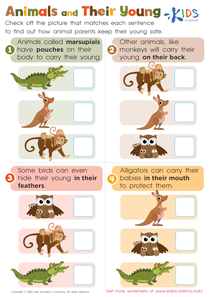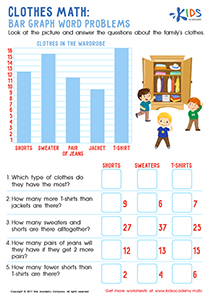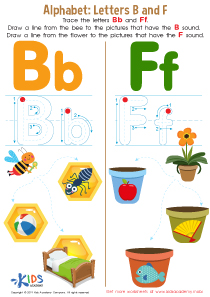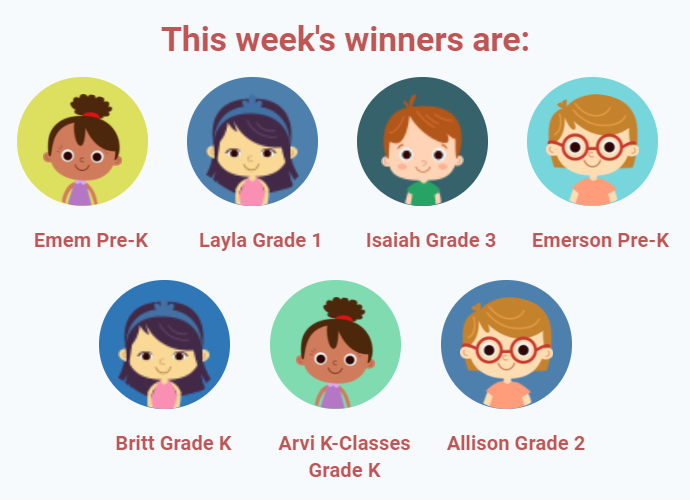Normal Other Parts of Speech Quizzes for 6-Year-Olds
4 results
4 filtered results
Clear all filters4 filtered results
-
From - To
Dive into the exciting world of language with our Normal Other Parts of Speech interactive assessments designed exclusively for 6-year-olds! These quizzes offer a vibrant and engaging way to explore adjectives, adverbs, prepositions, and conjunctions, bringing the structure of sentences to life. As your child navigates through each quiz, they'll enjoy instant feedback, encouraging their learning journey and enhancing their understanding. Our quizzes are crafted to spark curiosity and reinforce knowledge, making the mastery of Other Parts of Speech both fun and fulfilling. Perfect for young learners, our assessments promise a delightful educational experience. Join us in exploring the magic of language today!
In today's rapidly evolving educational landscape, parents and educators continuously seek innovative ways to enhance the learning experience for children. One of the most effective and engaging methods to introduce and reinforce language concepts is through interactive quizzes, particularly in the realm of grammar and language arts. The Normal Other Parts of Speech for 6-Year-Olds quizzes are a prime example of how interactive learning tools can significantly benefit young learners in their foundational language studies.
Understanding the parts of speech is crucial for children as they begin to construct sentences, express ideas clearly, and eventually, develop strong writing skills. However, grasping these concepts can be challenging for 6-year-olds, who are at a developmental stage where their attention spans are limited, and learning preferences lean towards the visual and interactive. This is where the Normal Other Parts of Speech for 6-Year-Olds quizzes come into play, offering a solution that is not only educational but also highly engaging for young learners.
These quizzes are designed with the cognitive and developmental needs of 6-year-olds in mind. They use vibrant graphics, intuitive interfaces, and interactive elements to transform what could be a tedious subject matter into an exciting adventure. Children are encouraged to explore nouns, verbs, adjectives, and other parts of speech through games and activities that captivate their imaginations and inspire a love for learning.
Moreover, the Normal Other Parts of Speech for 6-Year-Olds quizzes are built on the principle of learning through doing. Studies have shown that interactive quizzes can enhance memory retention and understanding. By actively engaging in the quizzes, children are not merely passive recipients of information but active participants in their learning journey. They can immediately apply what they have learned in a fun and supportive environment, receiving instant feedback that helps them learn from mistakes and celebrate their successes.
The quizzes also cater to diverse learning styles. Whether a child is a visual, auditory, or kinesthetic learner, the quizzes offer various approaches to ensure that every child can benefit from them. This inclusivity promotes a positive learning experience and prevents any child from being left behind.
Another significant benefit of the Normal Other Parts of Speech for 6-Year-Olds quizzes is their convenience and accessibility. In today's digital age, parents and educators can easily integrate these quizzes into their teaching methods, whether in the classroom or at home. This flexibility allows for a seamless incorporation of interactive learning into daily routines, making study time something children can look forward to.
In conclusion, the Normal Other Parts of Speech for 6-Year-Olds quizzes are an invaluable resource for children embarking on their language learning journey. They make learning fun, interactive, and effective, laying a strong foundation for future language arts success. By utilizing these quizzes, parents and educators can ensure that children not only understand but also enjoy learning about the intricacies of the English language, setting them up for a lifetime of effective communication and a love for learning.












